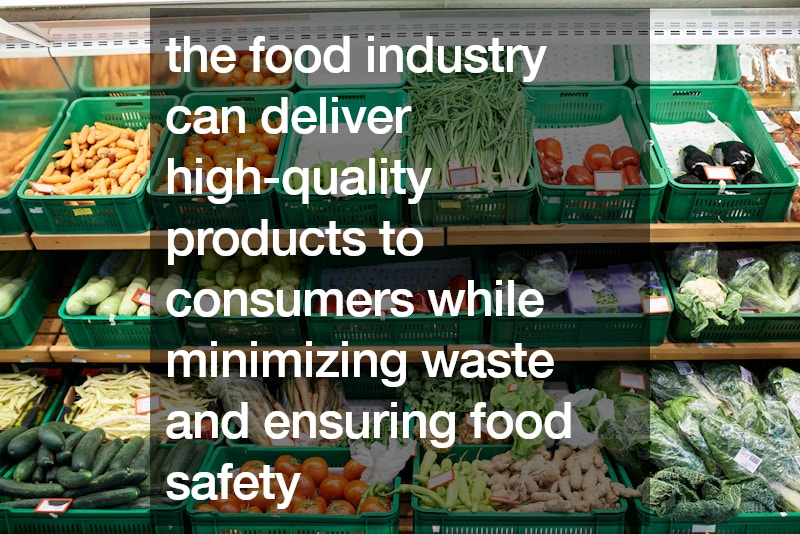Cold chain management is essential in the food industry to ensure that perishable goods like fruits, vegetables, dairy, and meats maintain their quality and safety from production to consumption. This complex process involves a series of temperature-controlled environments that prevent spoilage and extend the shelf life of fresh products.
Importance of Temperature Control
The cornerstone of cold chain management is maintaining consistent, optimal temperatures throughout the supply chain. From the moment food is harvested or produced, it must be stored and transported at specific temperatures to prevent microbial growth and preserve nutritional value.
Temperature variations, even minor ones, can compromise the safety and quality of food products. Advanced refrigeration systems and temperature monitoring devices are critical tools in maintaining these conditions.
Stages of the Cold Chain
Cold chain management encompasses several stages, each requiring meticulous attention to detail. These stages include:
Pre-cooling: Immediately after harvest or production, food products are rapidly cooled to their optimal storage temperature to arrest microbial growth and metabolic processes.
Storage: In both short-term and long-term storage facilities, maintaining a consistent temperature is vital. This often involves using energy-efficient refrigeration units that can handle large volumes of perishable goods.
Transportation: Transporting food products requires specialized refrigerated vehicles, commonly known as reefers. These vehicles are equipped with advanced temperature control systems and are regularly monitored to ensure consistent conditions.
Distribution and Retail: Once the products reach distribution centers or retail stores, they must be kept in temperature-controlled environments until they are purchased by consumers.
Real-Time Monitoring and Data Logging
Modern cold chain management heavily relies on real-time monitoring and data logging to track temperature, humidity, and other critical factors throughout the supply chain. This data helps identify any deviations from optimal conditions and allows for immediate corrective actions, ensuring that food products remain safe and fresh.
Conclusion
Effective cold chain management is crucial for the food industry to maintain the safety, quality, and longevity of perishable goods. By adhering to strict temperature control, employing advanced technology, and ensuring seamless coordination across all stages of the supply chain, the food industry can deliver high-quality products to consumers while minimizing waste and ensuring food safety.
.




